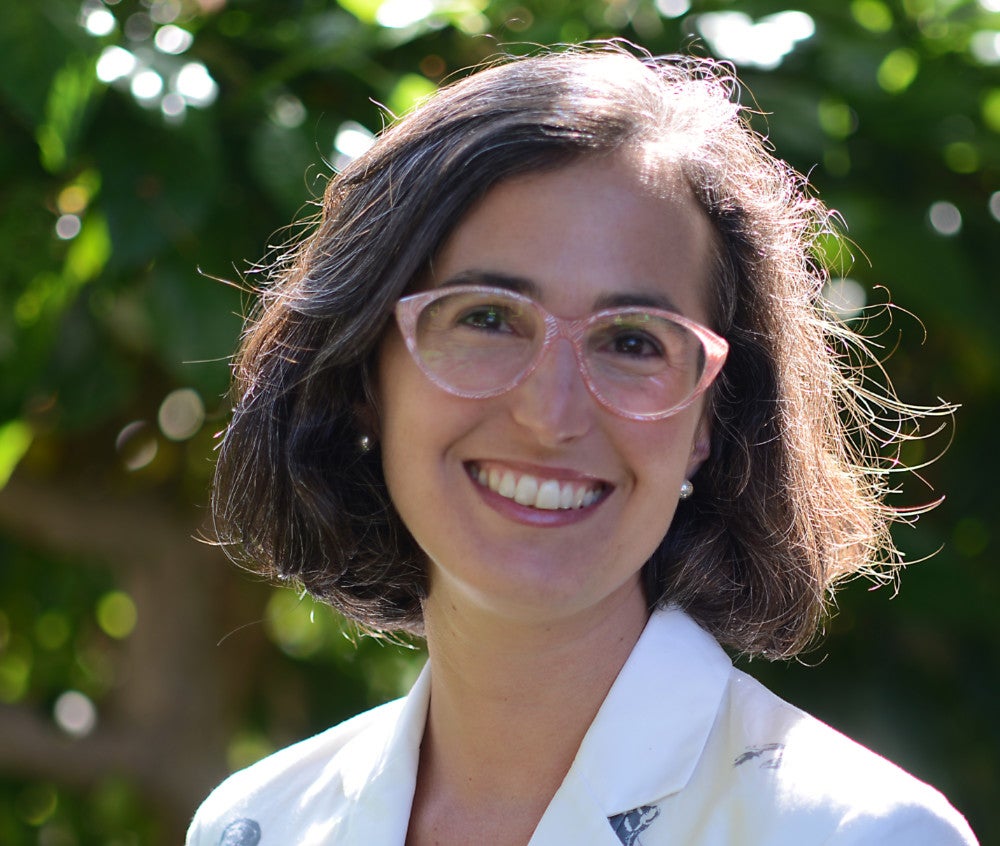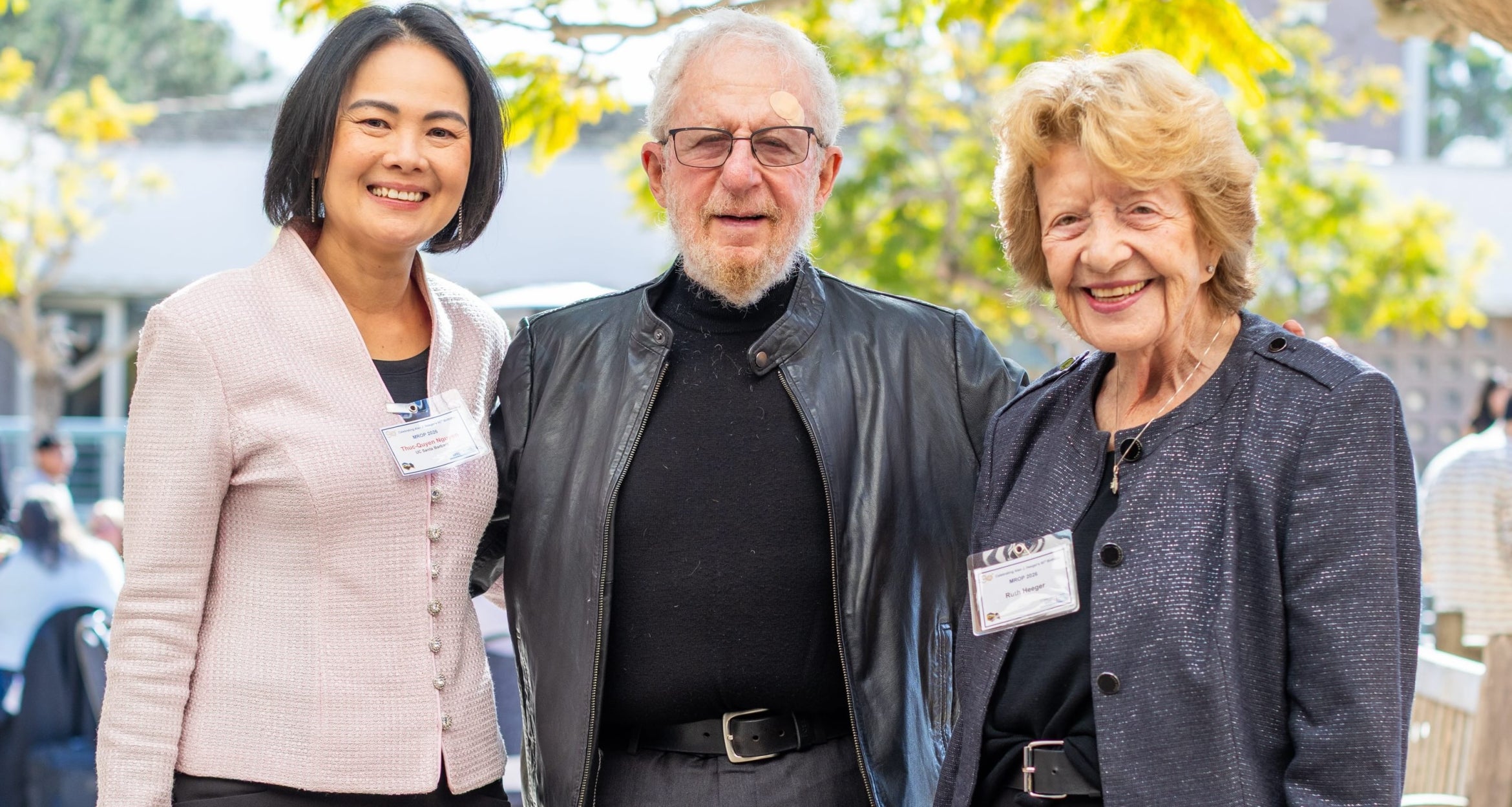
A High Honor
Javiera Barandiarán, an associate professor in UC Santa Barbara’s Department of Global Studies, has been awarded a 2021-22 Berlin Prize by the American Academy in Berlin.
Update: Barandiarán will deliver the Axel Springer Lecture, "Lithium Futures in Chile, Argentina, and the United States," Thursday, March 10, at 10:30 a.m.
Founded in 1994, the academy aims to foster greater understanding and dialogue between the U.S. and Germany through its presence in Berlin. The highly competitive Berlin Prize Fellowship is awarded annually to scholars, writers and artists who represent the highest standards of excellence in their fields.
The fellowship includes a monthly stipend, partial board and residence at the academy’s lakeside Hans Arnhold Center in Berlin-Wannsee. The fellowship also allows recipients the time and resources to focus on academic and artistic projects they might not otherwise pursue, engage with their German counterparts and experience Berlin’s cultural and political life.
“I am deeply honored and humbled to be selected by the American Academy in Berlin, and to be joining such a stellar group of writers, scholars and artists for a semester,” Barandiarán said. “This fellowship is an opportunity for me to tune into German and European debates about post-carbon futures at a critical juncture for the planet. The Academy’s support will allow me to focus on writing, connect with intellectuals and key electric-mobility actors, and share my work with European colleagues.”
“This prestigious international award recognizes Professor Barandiarán’s pathbreaking contribution to the understanding of global environmental governance and struggles,” said Alison Brysk, professor and chair of global studies. Our department is proud to host a rising star who is bringing the Latin American perspective and rich analysis to bear on the leading issue of our times.”
Barandiarán will be in residence at the American Academy in Berlin’s Wannsee neighborhood from January to May 2022. In that time she will work on her book project, provisionally titled “The Lithium Trade in Andes.” She noted that lithium is used in all manner of portable rechargeable batteries. A major source of lithium are brines found underneath salt flats. Her book will examine the development of the three oldest of these brine mines, found in western Nevada, Chile’s Atacama and Argentina’s northwestern desert.
“This is an industry that faces hard questions about its environmental impacts, particularly on scarce water sources, and their openness to scientific, regulatory and community oversight,” she said. “At stake is the environmental sustainability of mass electrification as well as global patterns of inequality and injustice — both economic and environmental.”
Currently serving as UC Education Abroad Program’s faculty director in Chile, Barandiarán noted that while the pandemic has been stressful, she’s been witness to a historic social uprising and constitutional reform happening now in the country. The new constitution, to be written by directly elected assembly members, might introduce decentralization, plurinationalism, rights of nature and other democratic principles, she said.
“How natural resources like lithium are managed will change but so will society as a whole, including beyond Chile as many are taking inspiration from events there,” she said. “My fellowship at the American Academy in Berlin will give me space to reflect on these experiences and to contribute to these global connections.
“Since the 18th century German naturalists and miners explored Chile and Argentina’s deserts,” Barandiarán continued, “and since then German companies have continued to be involved in the Andean mineral and lithium trades in various ways (alongside U.S. companies). The environment is a global process and outcome, and I am thrilled to be able to write this book as I actively move between these spaces.”



